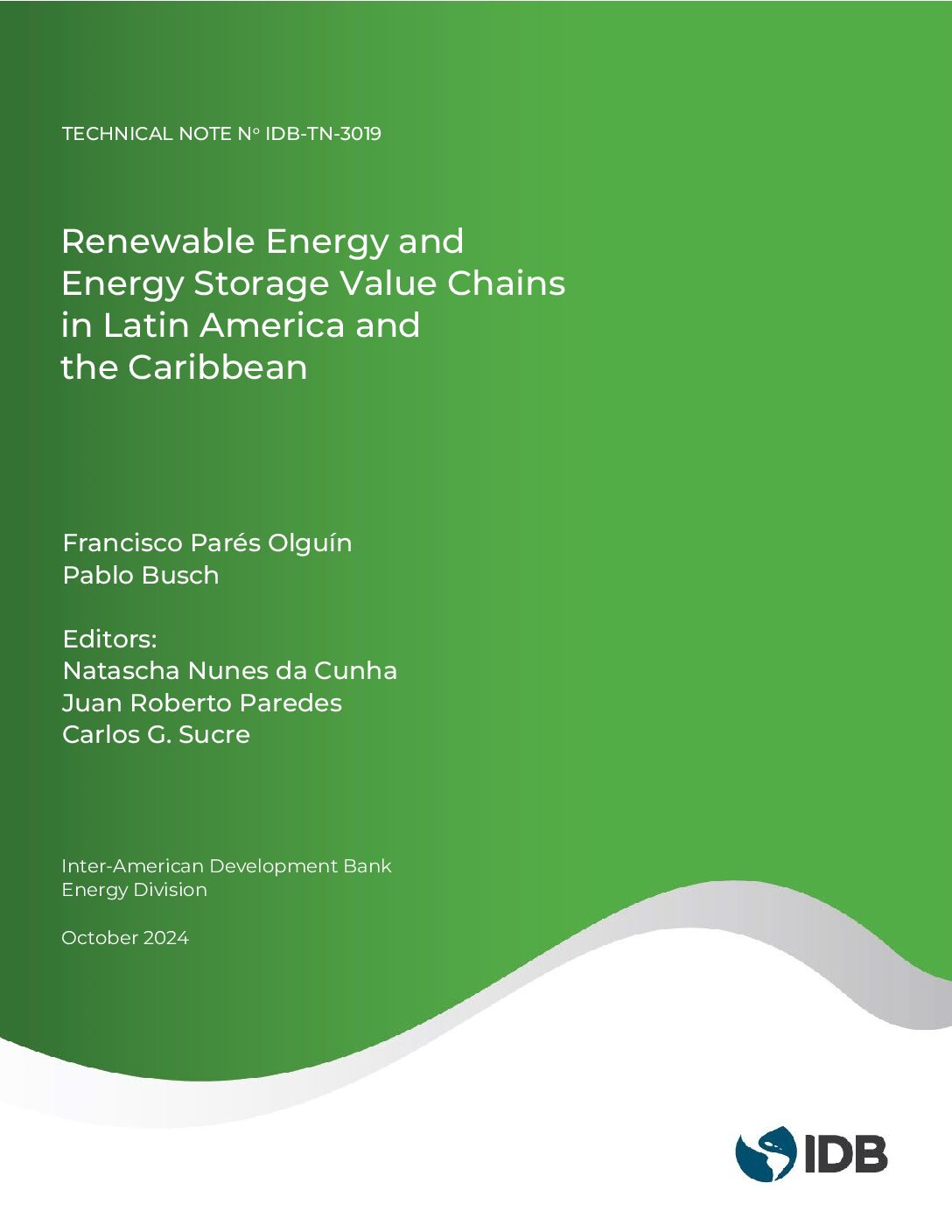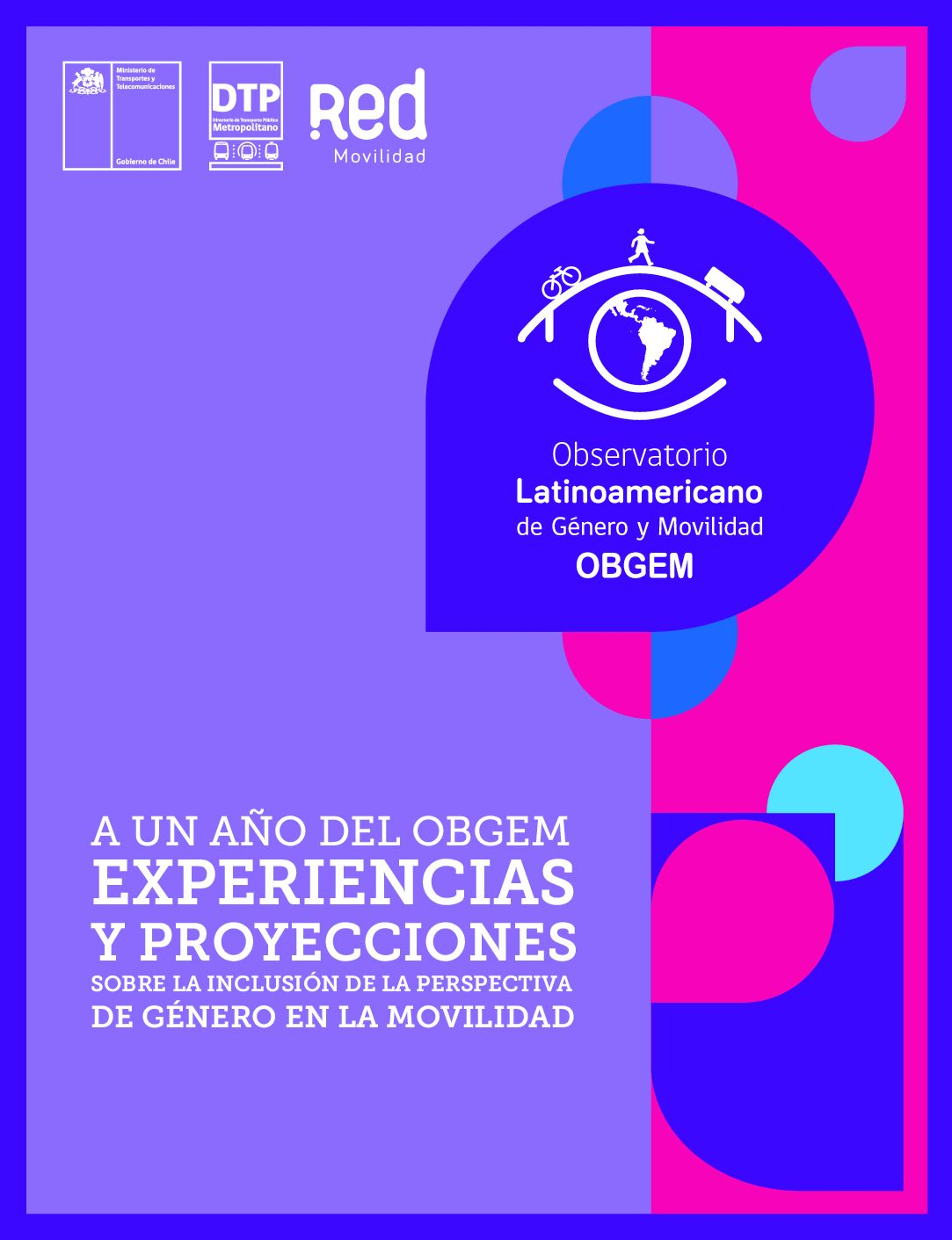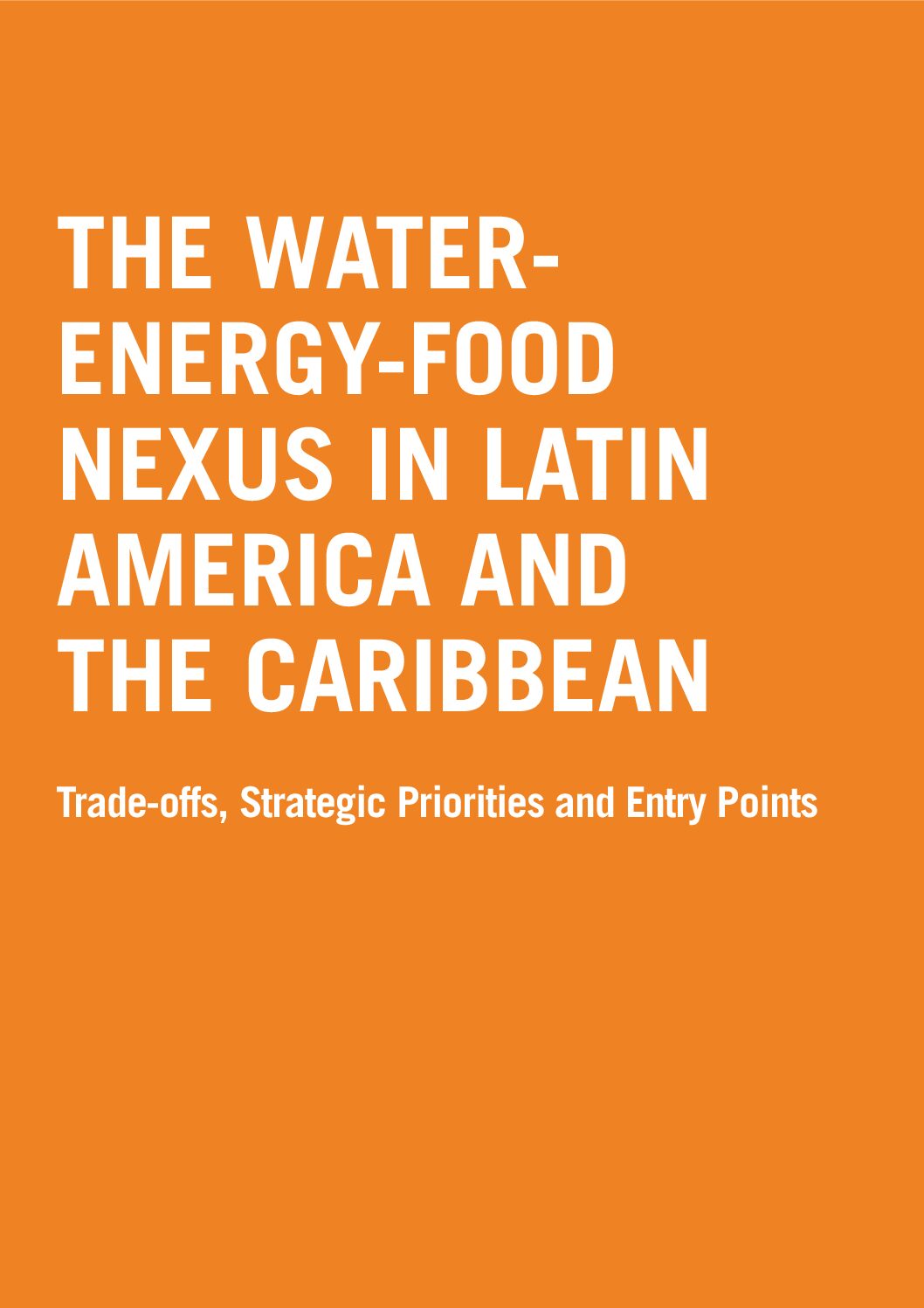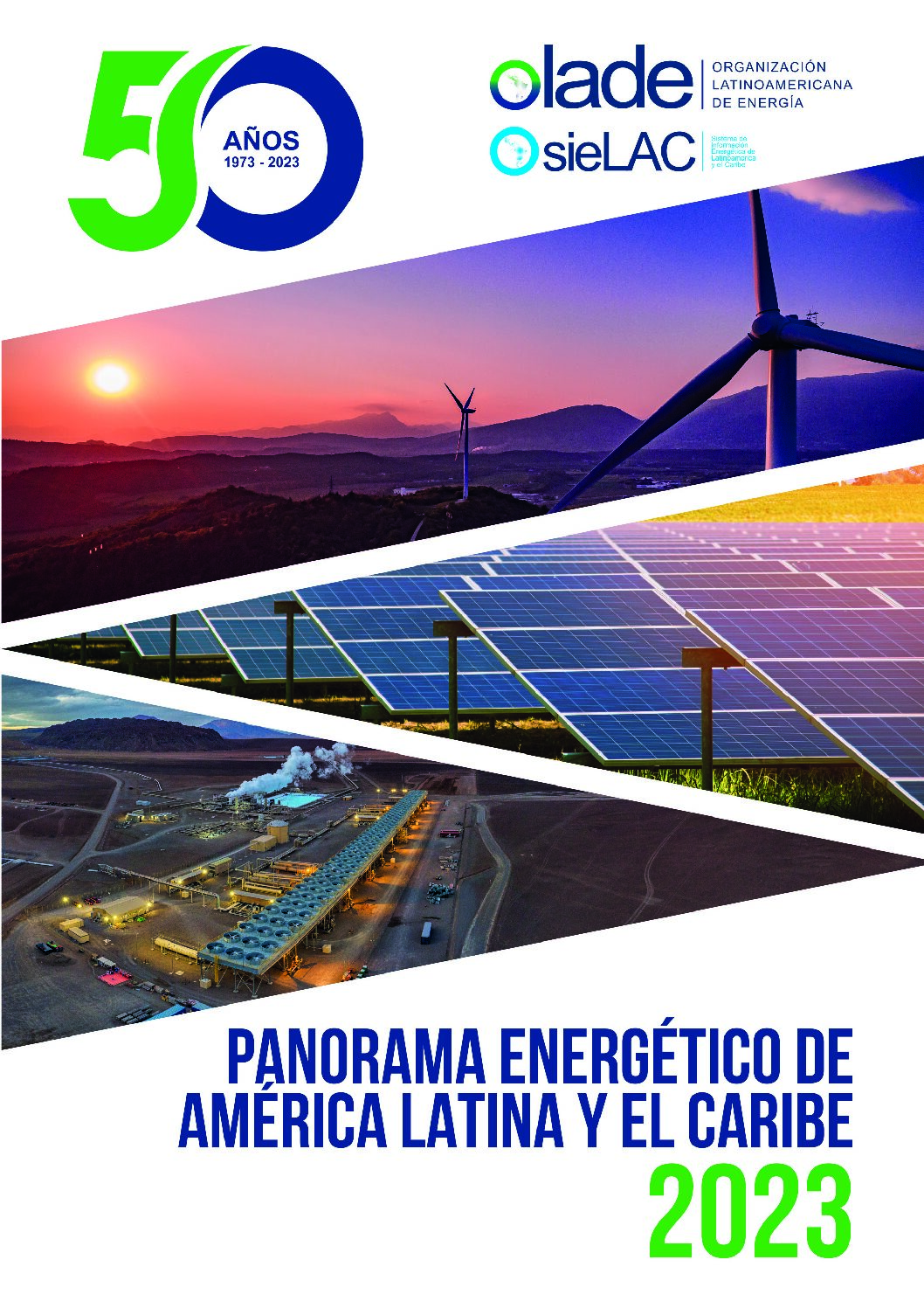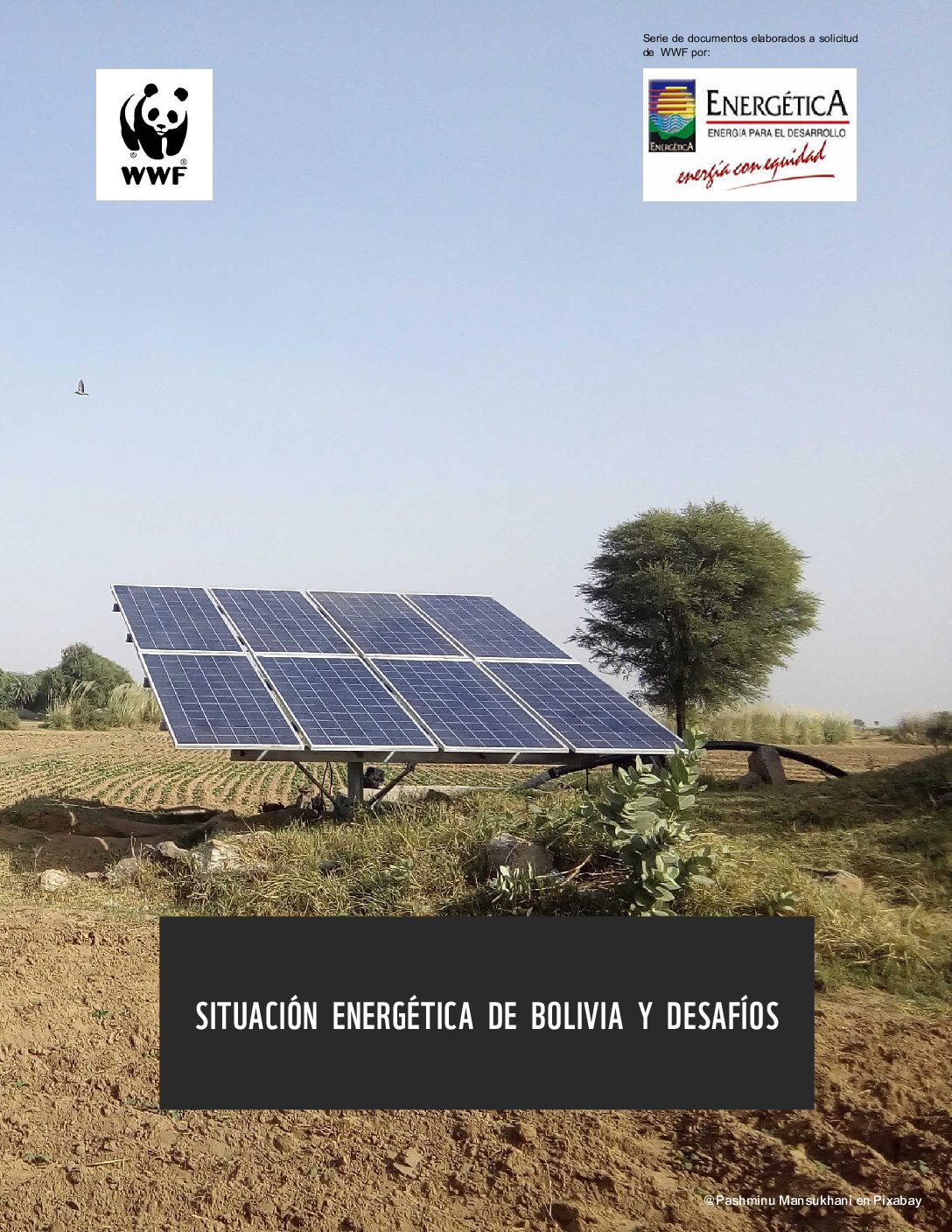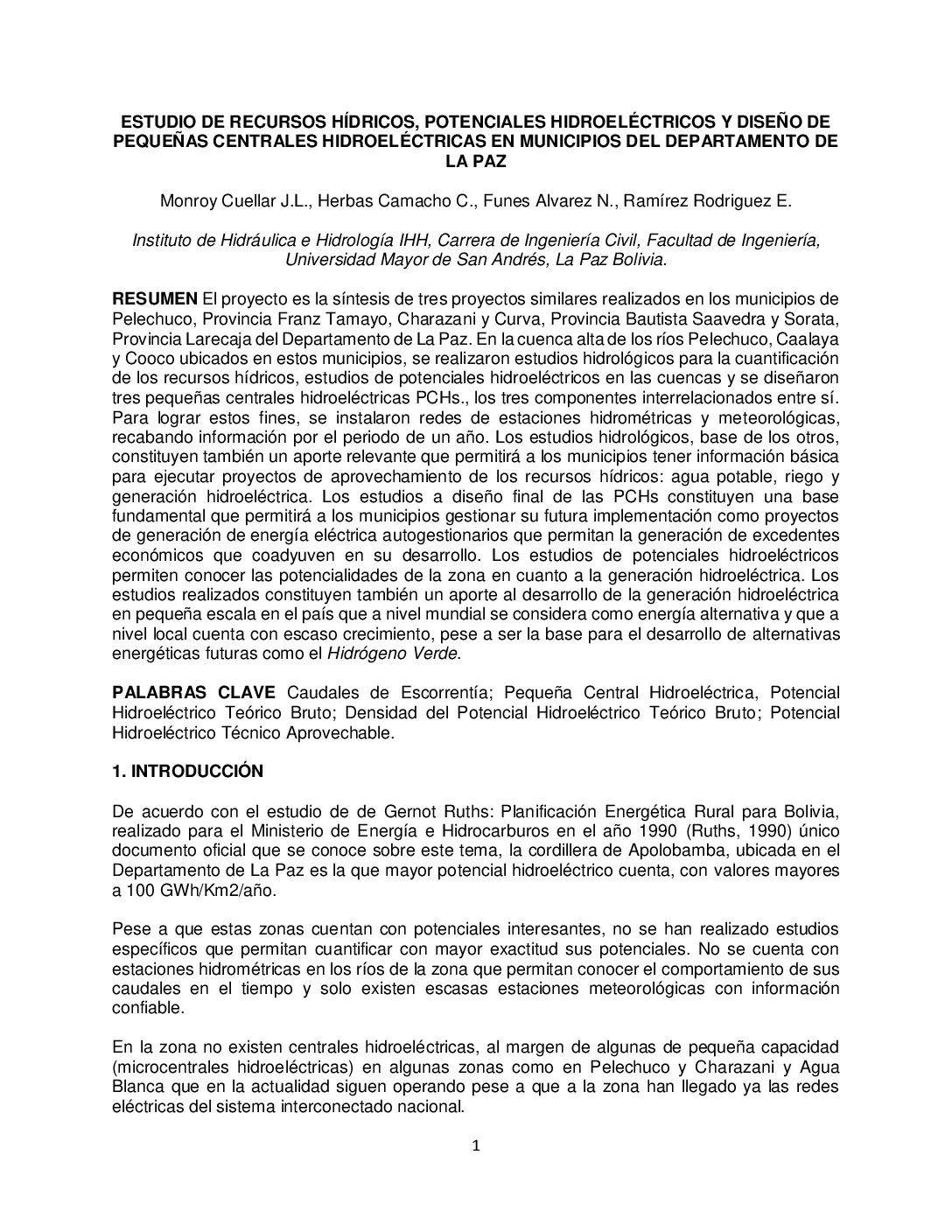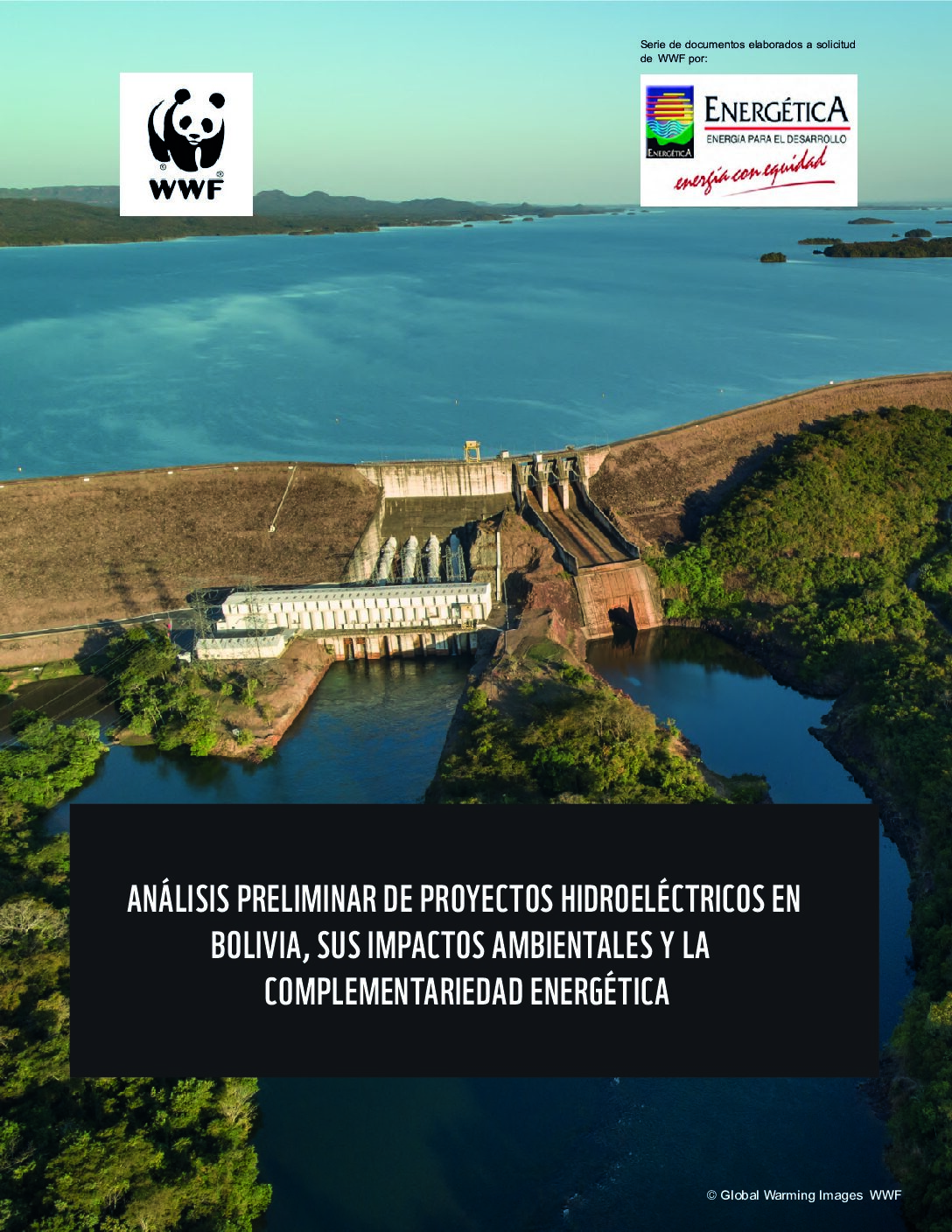This report identifies opportunities for Latin American and Caribbean countries in global renewable energy value chains. It focuses particularly on countries with significant mineral reserves, including Bolivia and Ecuador.
This report presents the Latinamerican Gender and Mobility Observatory and shares good practices in gender mainstreaming in transport from different Latin-American countries, including Bolivia and Guatemala.
This report provides an overview of the water-energy-food nexus in Latin America and the Caribbean (LAC), identifying the main challenges and opportunities for achieving water, energy and food security in the region.
This report analyses linkages in the water-energy-food-ecosystem nexus – essentially resource management trade-offs and synergies — in transboundary river basin settings. It draws on 36 nexus case studies from transboundary river basins in Europe, Asia, Africa and the Americas, providing lessons for transboundary management and cooperation.
This report provides an introduction to grid-connected solar PV technology, policy and incentives and financing instruments in Bolivia.
This report presents data on energy systems and trends, information on policy frameworks, and future scenarios on the energy system in the countries of Latin America and the Caribbean
This report assesses the current status of the Bolivian energy sector, including a policy, legal and technical overview, and highlights specific challenges the sector faces.
This study quantifies the potential of producing biogas based on organic waste in two municipalities in Bolivia.
This article presents the results of a hydrological study to inform the design of small hydropower plants in three municipalities in the La Paz department.
This document conducts an initial assessment of the environmental impacts of hydroelectric projects in ENDE’s portfolio and identifies the need for energy complementarity with other renewable sources.

